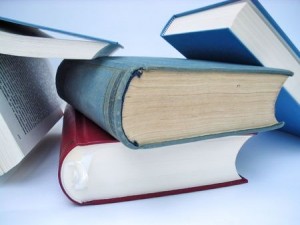http://www.theatlantic.com/entertainment/archive/2013/02/which-story-do-you-prefer-how-different-cultures-saw-life-of-pi/273265/
I saw this article in The Atlantic this morning, and had to comment. Life of Pi probably makes the list of my top 10 favorite books, that is…it would if I had a such a list. As it is, I find such a concept flawed, because I feel that different books serve such completely different purposes, and comparing them is sometimes apples and oranges.
Some of my most favorite books are just great stories, the kind that pull me in, get me invested in the characters, and take me on a journey. Some of my favorites are the kind of books that teach me something about the world or myself and make me want to be a better person, fight for change, or just see things in a different way.
Then, there are the puzzle books, as I like to think of them. Life of Pi falls into this category for me. It is one of those books that I can pull apart, analyze and dissect and try to put it back together to find meaning or perhaps draw conclusions. I appreciated this article because Lee, who directed the film version, notices all the ways that people are trying to put together the pieces of this story–and how different their interpretations look culturally.
Sometimes it’s nice when a book gives you all the answers, but I suppose I appreciate it even more when I am left to find my own. I think this is why my favorite book in the Bible is probably Isaiah. I may not be able to figure out everything he his talking about, but then there is this certain excitement when I can make a few pieces fit here and there.
I recognize that this is pure insanity to many. My husband is currently reading LIfe of Pi and he keeps asking me about this passage, or that one, and what they mean. The other day I looked at him and said, “If you want to read something with a straight answer, you’ve got the wrong book.” He’s still reading it, though, perhaps because he’s the determined kind of person who finishes things, but perhaps because there might be a small part of him that wants to come to his own conclusions, to be asked what he chooses to believe and why…and this book does it better than just about any other.

